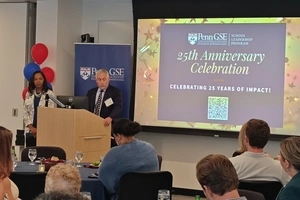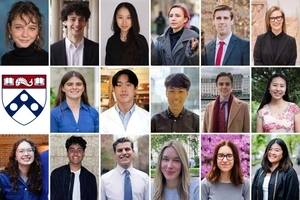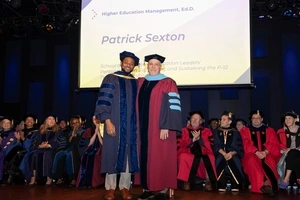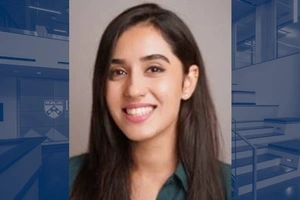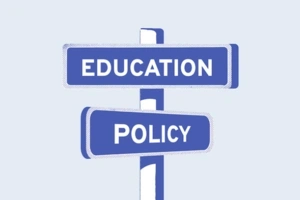This story originally appeared in the Spring 2021 print edition of The Penn GSE Magazine.
interview by Juliana Rosati
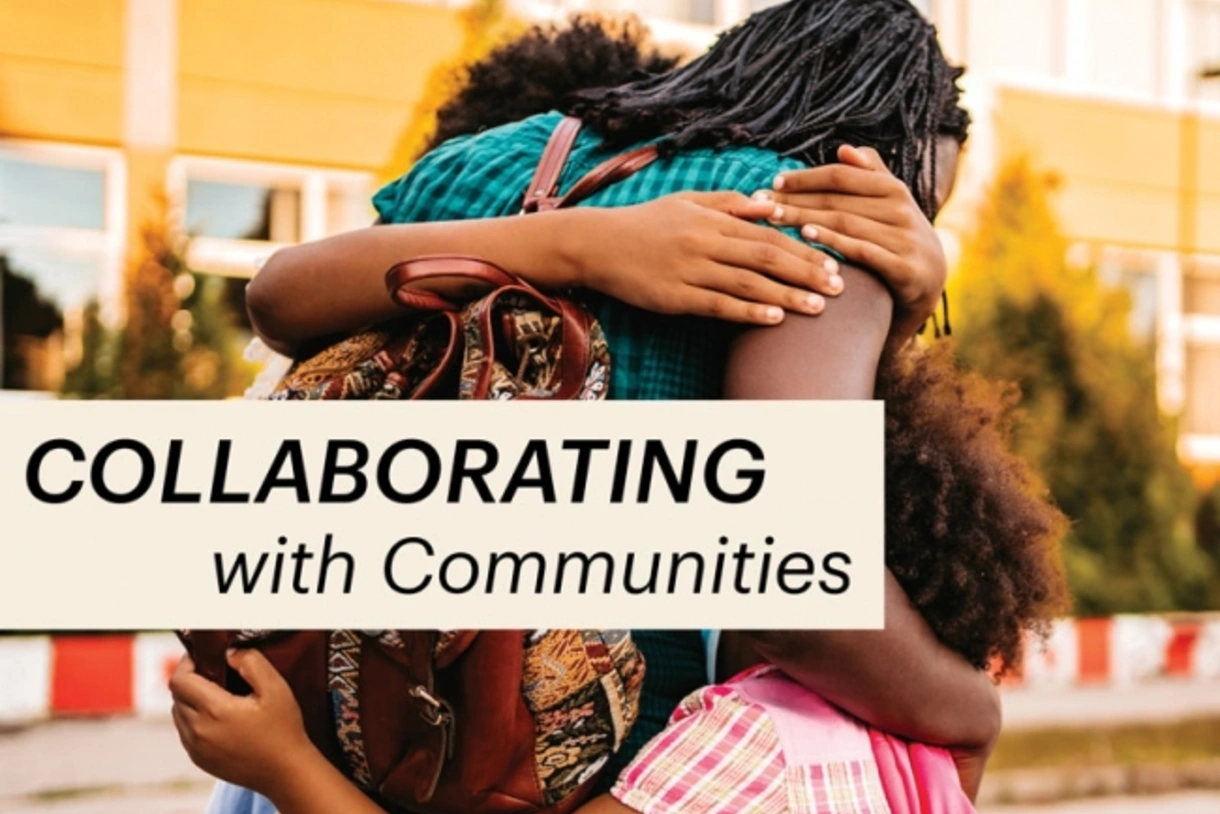
The educational and social inequities that have come to the forefront in our current era have been top of mind for Penn GSE’s Dr. Vivian Gadsden for decades. Gadsden, the William T. Carter Professor of Child Development and Education, has spent her career working with young children and families affected by severe circumstances, including poverty, homelessness, and incarceration, that put the academic and social well-being of youth at the greatest risk. Rooted in Philadelphia, considered the poorest large city in the United States, Gadsden’s research examines how to partner with vulnerable communities to better understand their cultural, social, racial, and political contexts and improve children’s learning opportunities and life trajectories.
Gadsden’s national impact has resulted in her regular presence on the annual Education Week Edu-Scholar Public Influence Rankings list, her membership in the National Academy of Education, and her roles as president of the American Educational Research Association for 2016-2017 and chair of the National Academies of Sciences Committee on Parenting Young Children. At Penn GSE, Gadsden teaches in the Literacy, Culture, and International Education division and is director of the National Center on Fathers and Families. She is also faculty co-director of the Penn Futures Project and a faculty associate of the Penn Child Research Center, and served as associate director of the National Center on Adult Literacy.
We sat down with Gadsden to learn how she is collaborating with students, parents, educators, and the City of Philadelphia to imagine and build a brighter future through education.
You have spent your career studying how inequities affect the learning and lives of children. How would you describe the current moment in our nation as families of color struggle disproportionately with the impact of the pandemic, and as a historic civil rights movement continues?
The problems that are faced by the focal families of my work weren’t created by them. Their barriers and challenges are rooted in a four-hundred-year history that begins with the enslavement of African people in the American colonies. Over time we have chipped away at the ways in which people have been denied rights, but in our nation today we are still fighting in the most fundamental of ways to protect the human experience and quality of life.
Reform is needed in every aspect of our systems of education, social services, health care, and government. We’re brilliant enough in our democracy to find the pieces of the systems that have worked and use those as a way of going forward. But reform has to be based on knowledge of the hardships that poor families face; it can’t just be based on assumptions about their lives. We need to hear their narratives and view these communities as powerful sources of data on how we can do things differently. And we have to bring people together with a shared goal of effecting change.
How is your work addressing the need for reform and change?
In my research, I work with communities and organizations to act on a shared belief that we can make a difference. For example, one of my current projects is lifting up the voices of families and educators to help the City of Philadelphia develop a new definition of child well-being, along with better data to support it. It’s a companion to the work that Dr. John W. Fantuzzo of Penn GSE and Dr. Dennis P. Culhane of Penn Social Policy & Practice have done to help the city develop the CARES integrated data system. CARES is an example of big data—it combines information across areas such as education, housing, juvenile justice, and mental health so it can be used to improve services. My colleagues recently helped the city use CARES to identify the places with the greatest need for high-quality prekindergarten so that investments could be made there.
Big data is powerful, but there are other kinds of data that are often overlooked. My project aims to help the city combine big data with what I call “little” and “medium” data. Little data are what an individual teacher can observe or learn about and from a child. Medium data are what a school can learn by reaching out to parents and communities. My research team has looked at how the city collects data about childhood risks, and now we’re interviewing parents and educators to identify additional variables that Philadelphia and other municipalities might use to gain insight into the needs of families. We want the city’s data to include first-hand observations from the families who are facing risks and the practitioners who work with them. This work is part of the Penn Futures Project, a cross-disciplinary initiative to address pressing social issues affecting Philadelphia youth and families.
“We’re brilliant enough in our democracy to find the pieces of the systems that have worked and use those as a way of going forward. But reform has to be based on knowledge of the hardships that poor families face; it can’t just be based on assumptions about their lives.”
In what other ways are you collaborating with the city and with communities?
For the past year and a half, we’ve been partnering with Philadelphia’s Department of Human Services (DHS) to help them study and revise parts of their system. Philadelphia places children in foster care or adoption at the highest rate in the United States, and this rate is disproportionately high for youth of color. DHS approached us to help them learn why this is happening and how to change it. We are conducting a survey, and now a team of Penn GSE students is interviewing hundreds of DHS employees, along with parents, foster parents, and family caregivers, to understand how and why decisions are being made about children’s care.
Another project, within Penn Futures, invites residents of four Philadelphia neighborhoods to identify problems in their communities, primarily related to early childhood, and write proposals for funding to develop solutions. Although most of my work focuses on early childhood, I’ve also been studying civic engagement among high school students in Philadelphia and elsewhere in the United States and Africa. We’re collaborating with youth both to learn what civic engagement means to them, and to provide opportunities for them to effect change.
The pandemic has caused an unprecedented disruption in education for many students. What advice do you have to help parents and schools address students’ needs during the process of reopening schools?
Teachers are overextended as it is, but something they might do is set aside time to check in informally with students and parents to learn about ongoing issues and needs. From these conversations, teachers could develop a list to share with administrators during the transition. Ideally principals and teachers will come together to discuss not only the logistics of reopening, but also what knowledge they want students to have, how students can bring their whole identities into the classroom, and how the school can make sure students see it as an equitable and caring space. Throughout the process, I would like families and educators to be clear that they don’t need to hide issues of race and racism when they feel that those are relevant or when they feel they have been treated unfairly. I also want to convey this commitment to my graduate students and support them to embrace it in their research and work in the world.
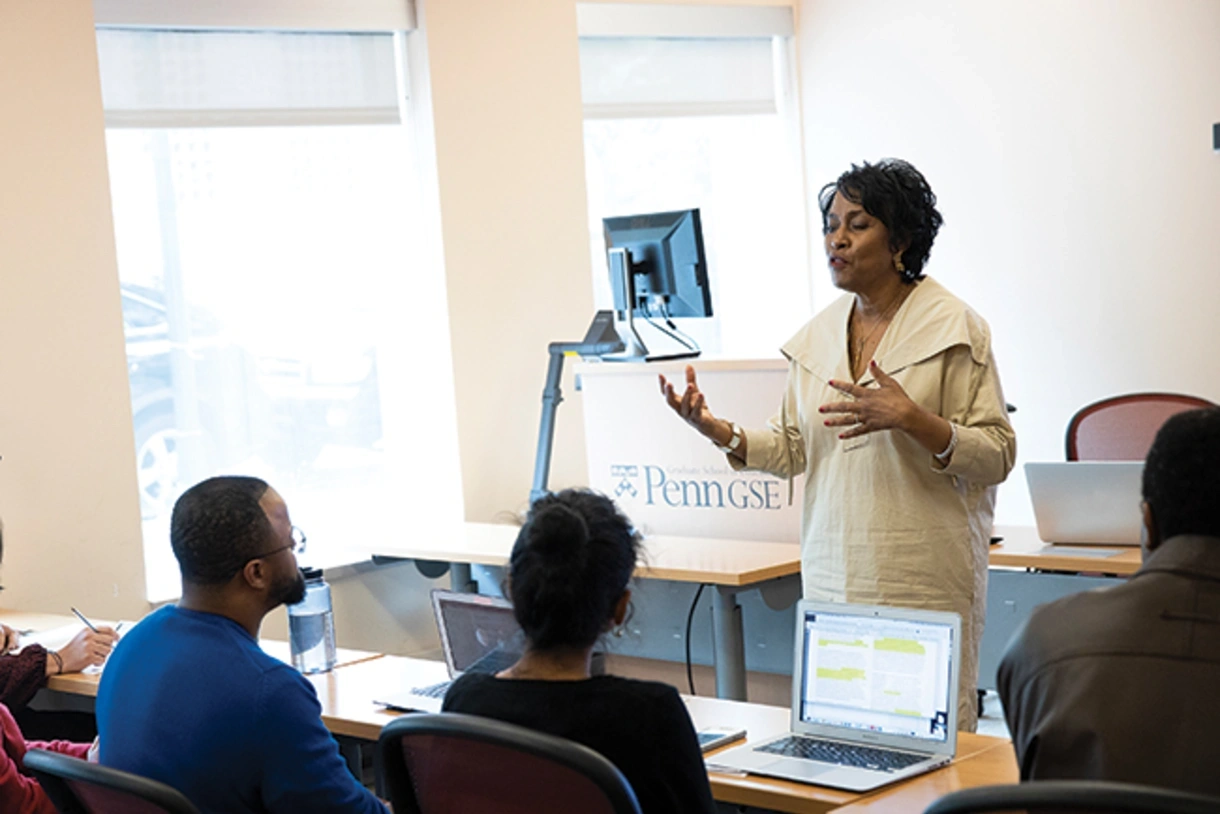
What experiences and aims inspire your work?
I spent much of my early childhood in Charleston, South Carolina, with parents and families committed to civil rights—a minister father and a citizenship school–organizer mother. Through the work with and for the congregation, they brought together people from vastly different socioeconomic backgrounds, and they imparted to me an appreciation for the differences of people in the world. When I first came to Philadelphia, immediately after graduate school, the condition of the houses, streets, and sidewalks in North Philadelphia was distressing to me, because it seemed as though the folks there were forgotten—that they did not matter. But I quickly realized that I didn’t have time to be distressed. I needed to be doing something, in whatever small way, to make a difference.
I view it as important to bring my research to the attention of policy makers and others who are in a position to change our systems. But my work is also about collaborating with communities who join me in the study of themselves, to learn from them and to imagine, together, something better for our world.
This article appeared in the Spring 2021 issue of The Penn GSE Magazine.
Media Inquiries
Penn GSE Communications is here to help reporters connect with the education experts they need.



